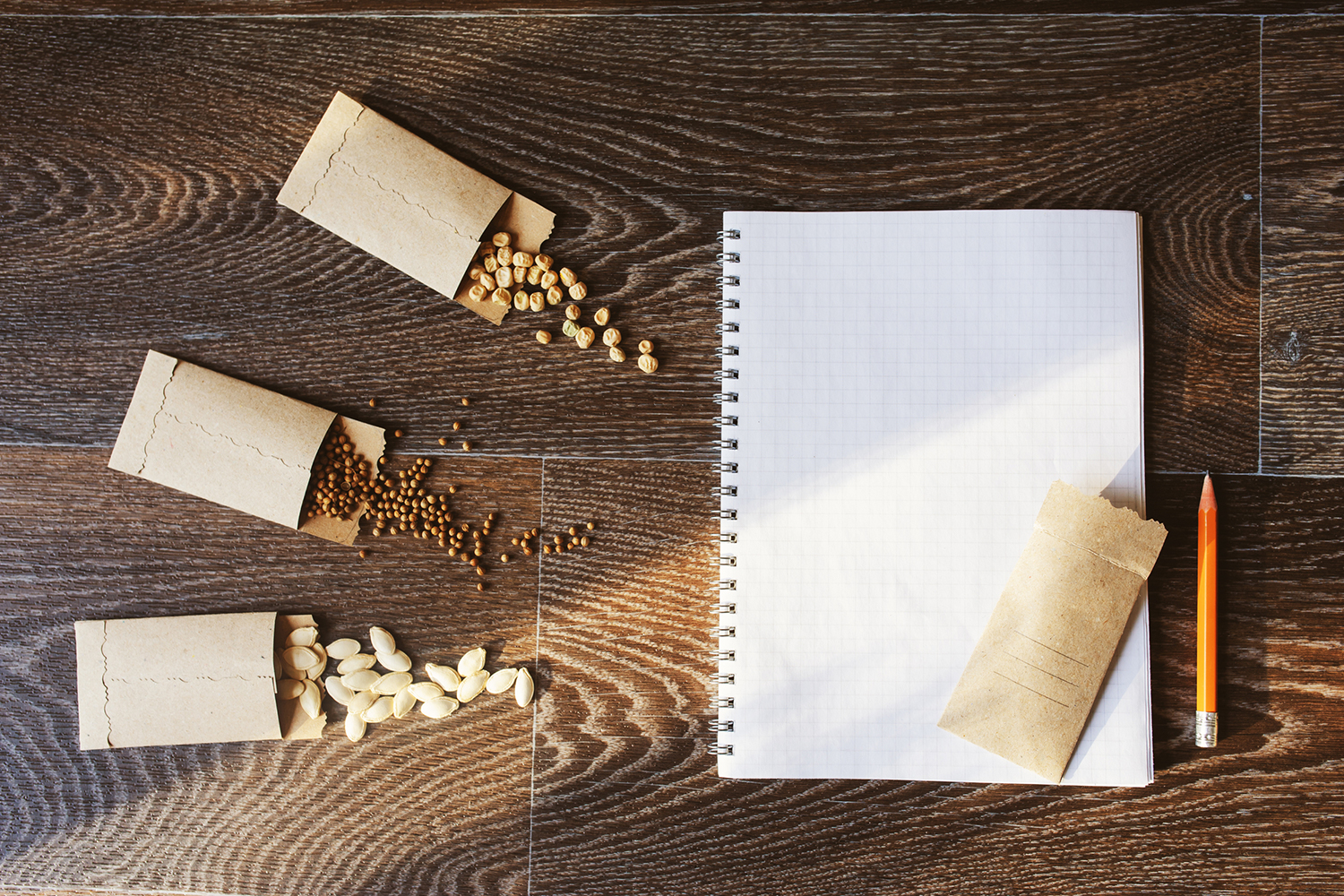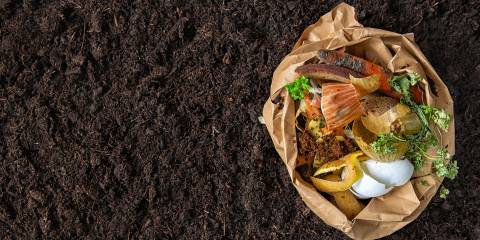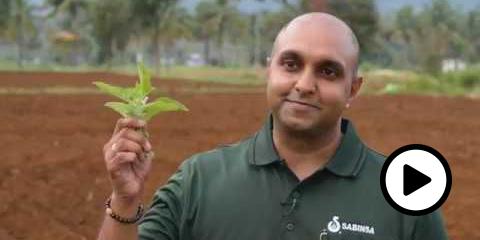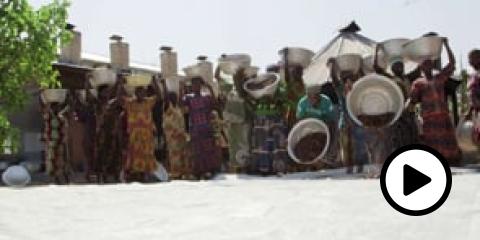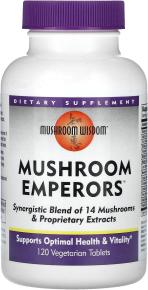Free the Seed for Food Security!
The origin of the ingredients in the salads we make is not likely the first thing that comes to mind when we think about acts of resistance. Perhaps it should be.
No one argues against the importance of food and its availability. We tend to think of food security at the household level. More than 40 million people in the US alone lived in food-insecure households in 2016, according to the USDA’s Economic Research Service. Economic, geographic, and political factors contribute to food security or its lack.
Even more fundamental is the means of food production, and it all begins with seeds. As climate change, overpopulation, and other stressors affect our natural resources, “having a diversity of seed adapted to local ecologies will be essential to food security,” says Fred Kirschenmann, a distinguished fellow of the Leopold Center for Sustainable Agriculture at Iowa State University.
Seed Sovereignty
“Seeds are the foundation of global food systems,” says agricultural researcher Natalie Hoidal. “Without access to quality, affordable seeds and the self-determination to save, select, and share seeds, no farmer or consumer can fully attain this sovereignty.”
The right to breed and exchange seeds that are open source—not patented or controlled—is known as seed sovereignty, according to Vandana Shiva, PhD. Seed sovereignty fosters sustainability through biodiversity. But seed hybridization and the resulting patents and other legal protections afforded to huge corporations have negatively affected diversity. Of the thousands of varieties of apples once found in the US, for example, some researchers estimate that only 20 percent remain.
The social-purpose corporation Agrilicious calls seed sovereignty “an act of resistance and social empowerment in response to the monopolization of seeds (as well as DNA) by agrochemical firms, and regulations of seeds favoring such firms.”
Seed Saving
Members of Oregon’s Seed Ambassadors Project are dedicated to seed saving because they feel that it is “the foundation of developing durable and resilient locally based food systems.” Fighting the weakening of biodiversity by agribusiness, the project is guided by the principle “every seed saved is a socially healing, community-creating event.”
In addition to its cost-effectiveness, saving seeds can mean more independence for both the home gardener and large-scale farmer. Because it is illegal to save and share patented seed, seed saving is an act of resistance over the corporate entities that control what farmers grow and what we eat. A group of plant breeders, farmers, seed companies, and sustainability advocates created the Open Source Seed Initiative to foster, among other rights, the “freedom to save or grow seed for replanting or for any other purpose.”
Beginners Guides to Seed Saving
It’s easy to begin saving seeds to plant the following year or to share. Many guides exist for the beginner. Here are a few examples.
- A Guide to Seed Saving, Seed Stewardship & Seed Sovereignty by The Seed Ambassadors Project (4th edition, January 2010); available for free download from www.SeedAmbassadors.org.
- Saving Seeds by Marc Rogers (1990, Storey Publishing, $14.95); still in print nearly 30 years after its publication.
Seed Stewardship
The Seed Ambassadors Project defines seed stewardship as the process of saving seeds to maintain or improve a “seed’s health and resilience,” and “saving and selecting a variety over many seasons with the goal of passing it on to others in the future.”
Among the growing number of organizations devoted to the stewardship of seeds, the Organic Seed Alliance—a champion of farmers who save and improve seed—works to build regional alliances and networks. With cosponsors Washington State University, Oregon State University, and eOrganic, the alliance presented the ninth Organic Seed Growers Conference in February 2018, said to be “the largest seed event in the nation.”
One Person’s Efforts
Ginny Albertson of Lunenburg, MA, an environmental educator specializing in local pollinators, says she learned the value of planting a variety of clean, untreated seed to produce the native wildflowers, shrubs, and trees required to rebuild local ecosystems. With the help of Ken Jones, one of her town’s conservation commissioners, Albertson established the Lunenburg Community Pollinator Habitat on town-owned conservation land.
Along the way, she has become a saver and sharer of seeds. “Diverse native plantings,” Albertson says, “provide the food and shelter required by bees, butterflies, dragonflies, beetles, and other pollinators. They in turn pollinate the food crops we plant for human consumption.”
